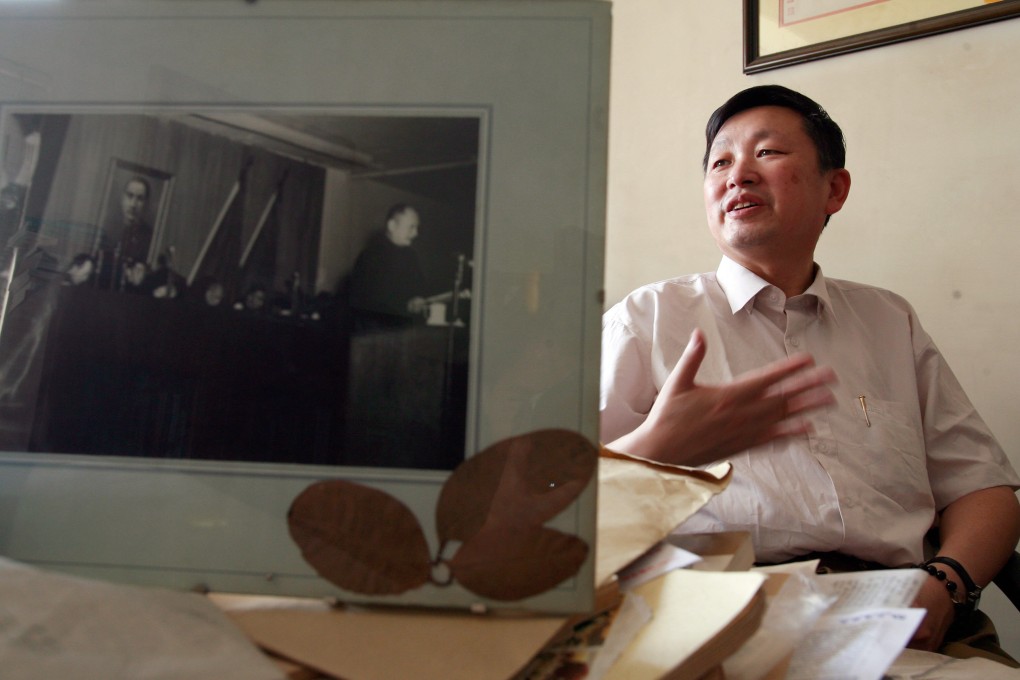‘I am like a ghost now’, says censored outspoken scholar Zhang Lifan

Blogs belonging to one of the most outspoken liberal-minded scholars in China were removed from a number of large Chinese portals on Tuesday in the latest attempt at online censorship.
Zhang Lifan, 63, is a prominent scholar of modern Chinese history and outspoken critic of the Chinese government. He is the son of Zhang Naiqi, a founding member of one of the eight official-recognised political parties in China that were regarded as allies of the leading Communist Party. Zhang Naiqi, who was head of the Ministry of Food between 1952 and 1954, was persecuted during the the "anti-rightist movement" in the 1950s and then during the Cultural Revolution.
Zhang Lifan said he was caught off guard by the blackout, which happened on the same day the key Third Plenum of the Communist Party ended in Beijing.
“At around midday on Tuesday, all of my microblogs and columns were removed simultaneously,” Zhang told the South China Morning Post in a telephone interview on Thursday morning. “There was no warning or any tip off.”
A search for Zhang’s username on China’s most popular microblog service Sina Weibo, of which Zhang was an avid user with over 300,000 followers, came up with no result on Thursday. On ifeng.com, one of China’s most popular news portals, a search for Zhang’s column resulted in the message, “this blog has been censored by the website administrator”.
Although censorship of online posts on matters deemed threatening to social stability or the rule of law are commonplace in China, it is rare to see personal blogs on multiple news outlets run by different operators deleted overnight simultaneously.